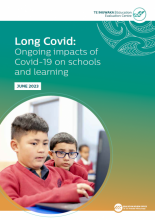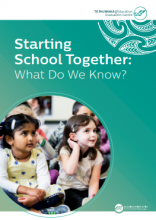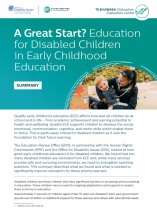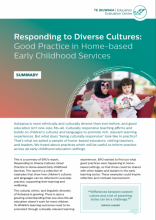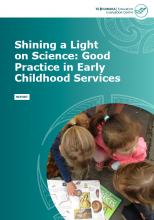Learning in a Covid-19 World
The ongoing coronavirus pandemic has had a profound impact on life in New Zealand. Since the start of the pandemic, ERO has been undertaking work to understand the impact of Covid-19 on education in New Zealand. This suite of work looks at the impact of Covid-19 on learners, teachers, leaders and kaiako across the schooling and early learning sector in New Zealand - and sets out recommendations for going forward.
